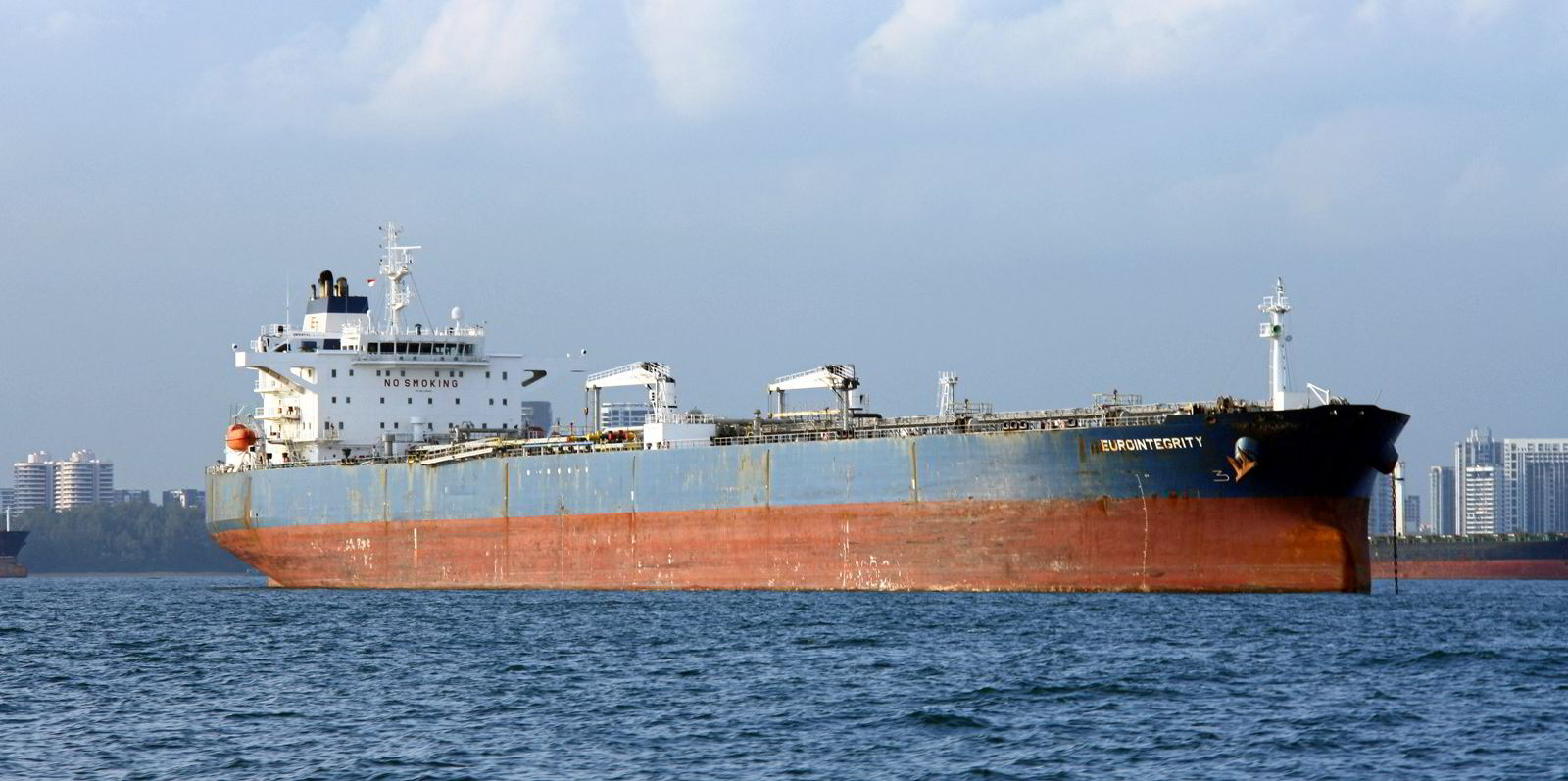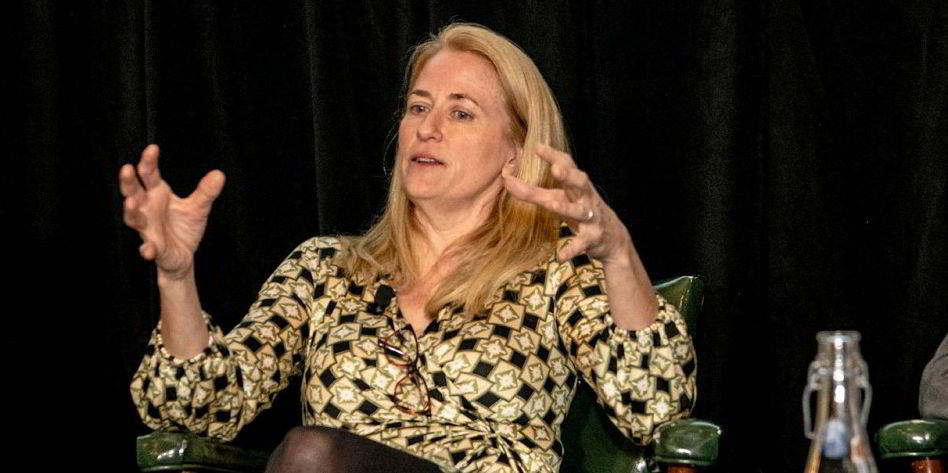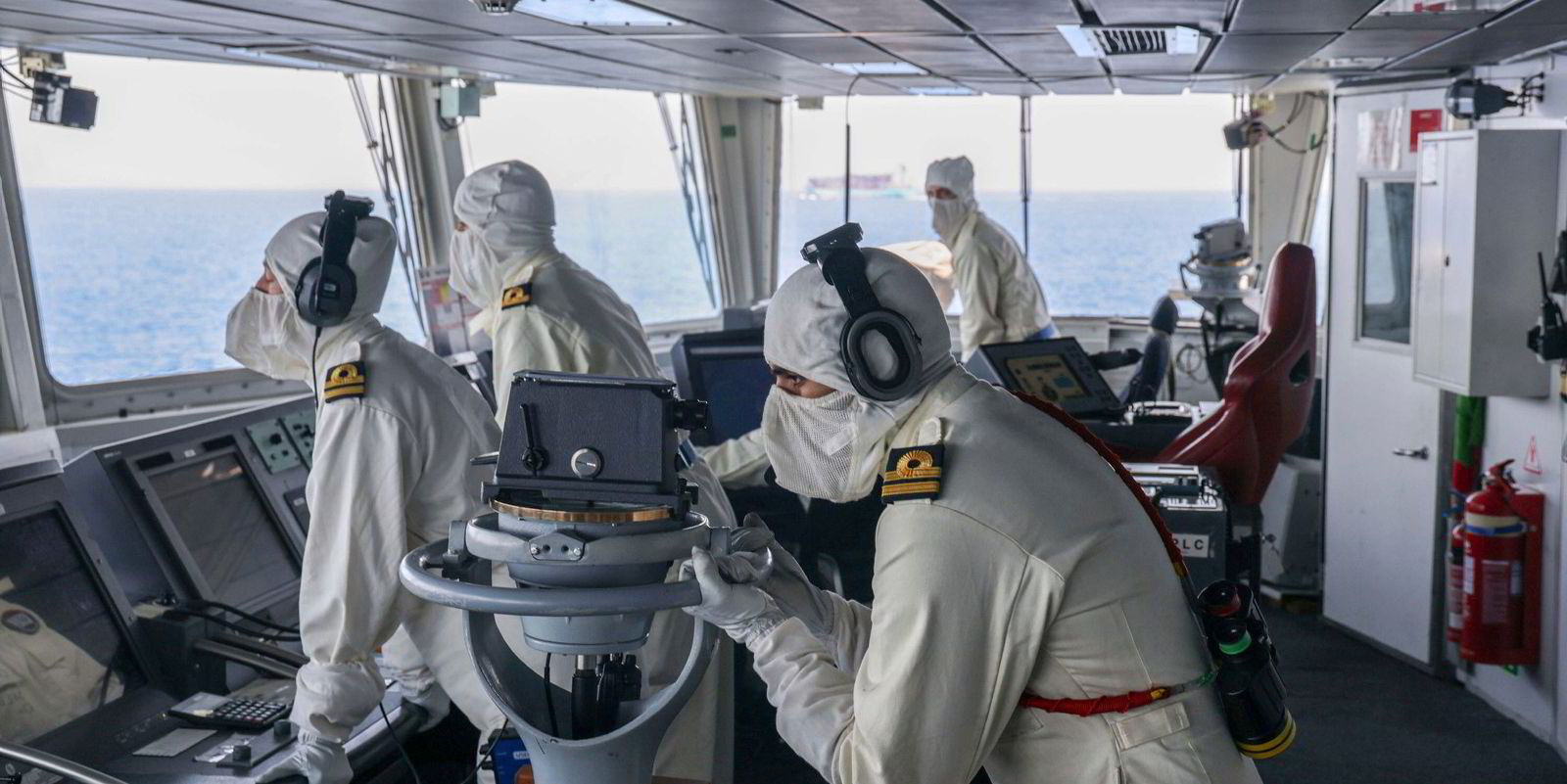UK shipbroker Gibsons believes tanker markets are now “on a knife edge” due to persistent geopolitical turmoil.
The London shop sees supply chains stretched as vessels reroute around the Cape of Good Hope to avoid Houthi attacks in the Red Sea.
The company said: “Evidently different subsectors have been impacted differently. Volatility in clean product freight rates has been far higher than in the crude market.”
“However, both sectors have had to adjust supply chains in response to changes in freight and commodity prices,” Gibsons added.
The brokerage has been analysing trade flows as part of a first-quarter review of the sector.
Europe was always going to be the most impacted in terms of oil products, given its import dependence on Middle East distillates, the company explained.
The Middle East became the single largest source following sanctions against Russia over the Ukraine war.
But volumes from East of Suez into Europe have now dropped, with the US increasing its foothold in the trade as a result.
So far in 2024, total US clean product exports to Europe have risen almost threefold year on year.
Volumes from East of Suez are down nearly 20%.
“Part of the drop from the East is due to stockpiling early in 2023 as the embargo on Russian products into Europe took effect, but still that doesn’t account for the increase from the US, which evidently is linked to better economics versus Eastern cargoes,” Gibsons said.
Middle Eastern products head east
More Middle Eastern and Indian oil is now heading east, due to fewer logistical challenges and stronger demand growth.
Clarksons Securities said LR2 earnings have fluctuated between $40,000 and $90,000 per day this year.
They are currently stable at about $50,000 per day.
The investment bank’s estimate for the first quarter is for an average of $56,000, with MRs between $30,000 and $40,000.
“Despite the possibility of rate increases due to Red Sea disruptions, strong backwardation [spot prices higher than future prices] and tight regional price differentials have reduced the economic viability of longer voyages,” Clarksons said.
“Recent shifts into contango, particularly for diesel, where spot prices are lower than future prices due to high inventories, indicate a market oversupply,” its analysts added.
“However, this could benefit shipping, as refineries entering the summer gasoline season are likely to continue ramping up operations despite lower diesel prices,” the investment bank argued.
For the crude market, flows have also been impacted by similar dynamics as the product sector, with European refineries where possible looking to take advantage of crude cargoes with fewer shipping challenges, Gibsons said.
The US has again benefited here, alongside Guyana and Brazil.
Volumes from the Middle East have declined but VLCCs have been clear winners, with cargoes shifted from smaller suezmaxes to benefit from improved economies of scale when routing via South Africa, the company added.






